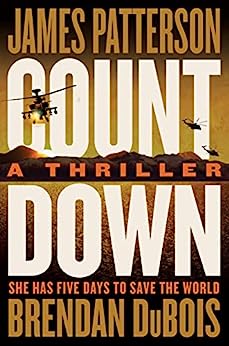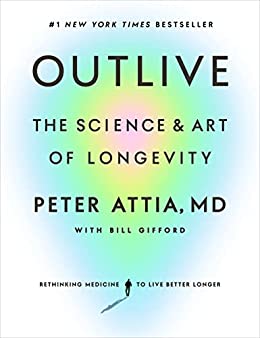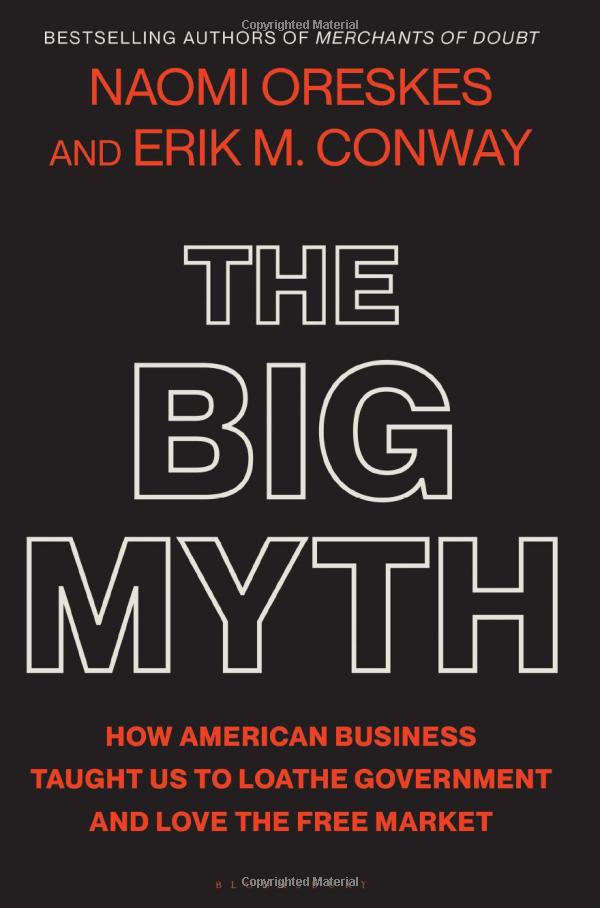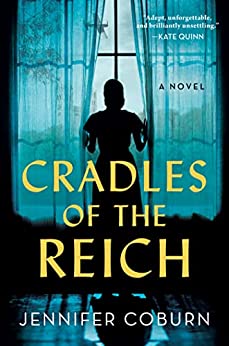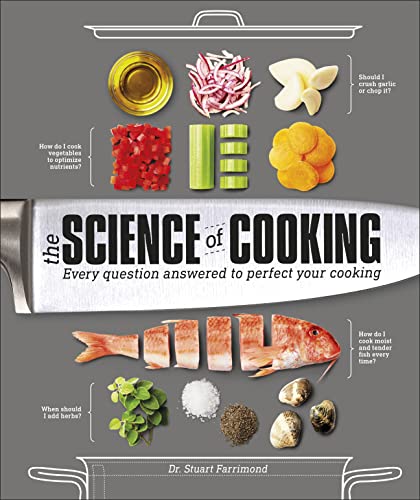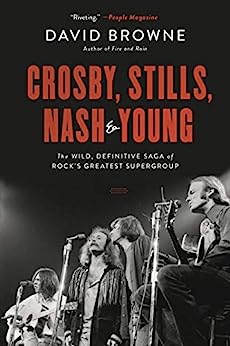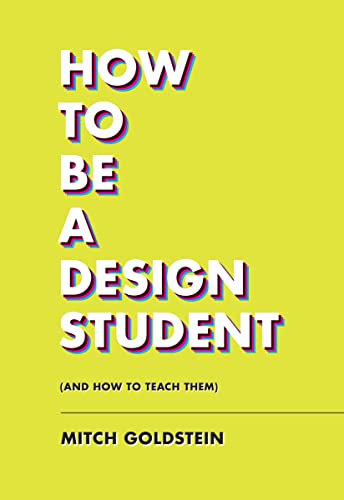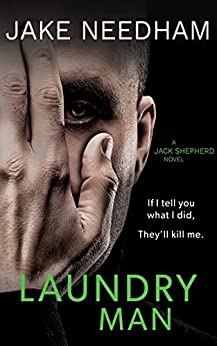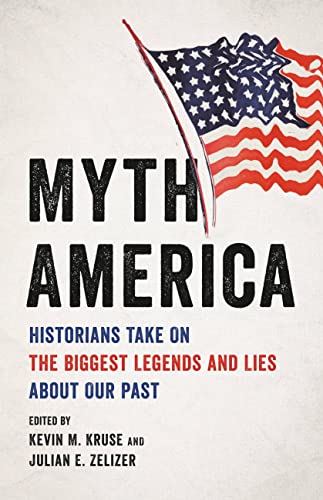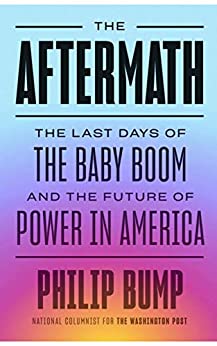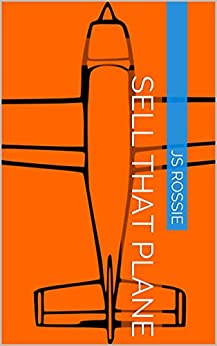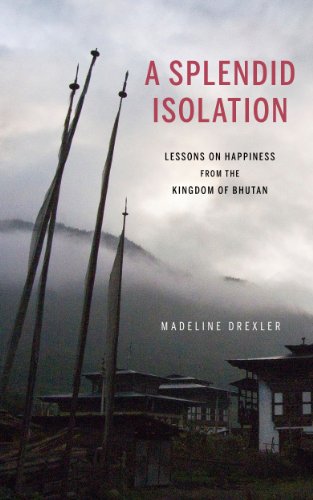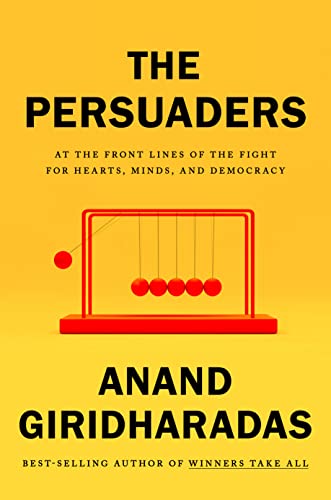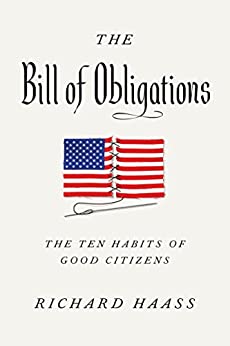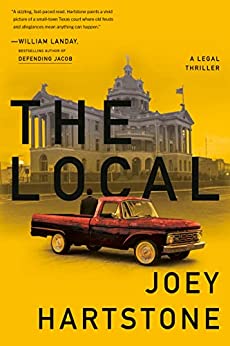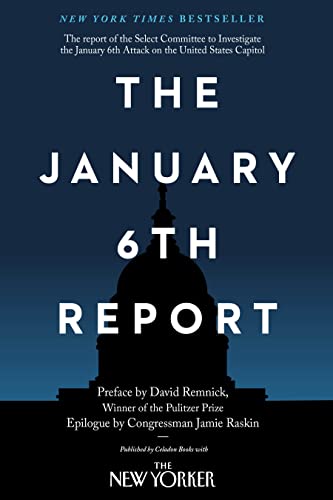Rise and Kill First: The Secret History of Israel’s Targeted Assassinations
December 28. The title of this book accurately describes it. This is a long, detailed, and disturbing book very focused on one thing – the history of Israel’s targeted killings by Mossad (external intelligence, like the CIA), Shin Bet (internal security – like the FBI) and the Israeli Defense Forces. It starts in the times just as Israel was forming all the way through to the present day. Bergman did not have access to any official source and had to assemble the history through primary research and interviews. He did a very thorough – exhaustive and almost exhausting work detailing many, many targeted killings. He describes the evolution of targeted killings from very haphazard affairs early on to very sophisticated ones later on with legal review, prime minister sign off, coordination of forces, and refined methods. It is clear that this was a very key element of Israeli culture and tactics – similarly Iran, Hezbollah, and Hamas employed similar tactics. Reading the book was timely because – although the book is about the targeted killings program – it, by necessity has to cover Israeli history and politics – so quite helpful in understanding Israel and its neighbors today. Reading the book, I got the impression that both Israel and its enemies practiced “eye for eye” retribution – with little effect and stopping or deterring terrorism. At the end of the book, Bergman captured my uneasiness by saying that for both Israel and its enemies, targeted killings were a tactic with little strategy behind them. A clear culture of retribution has thwarted any attempts or progress toward reconciliation.
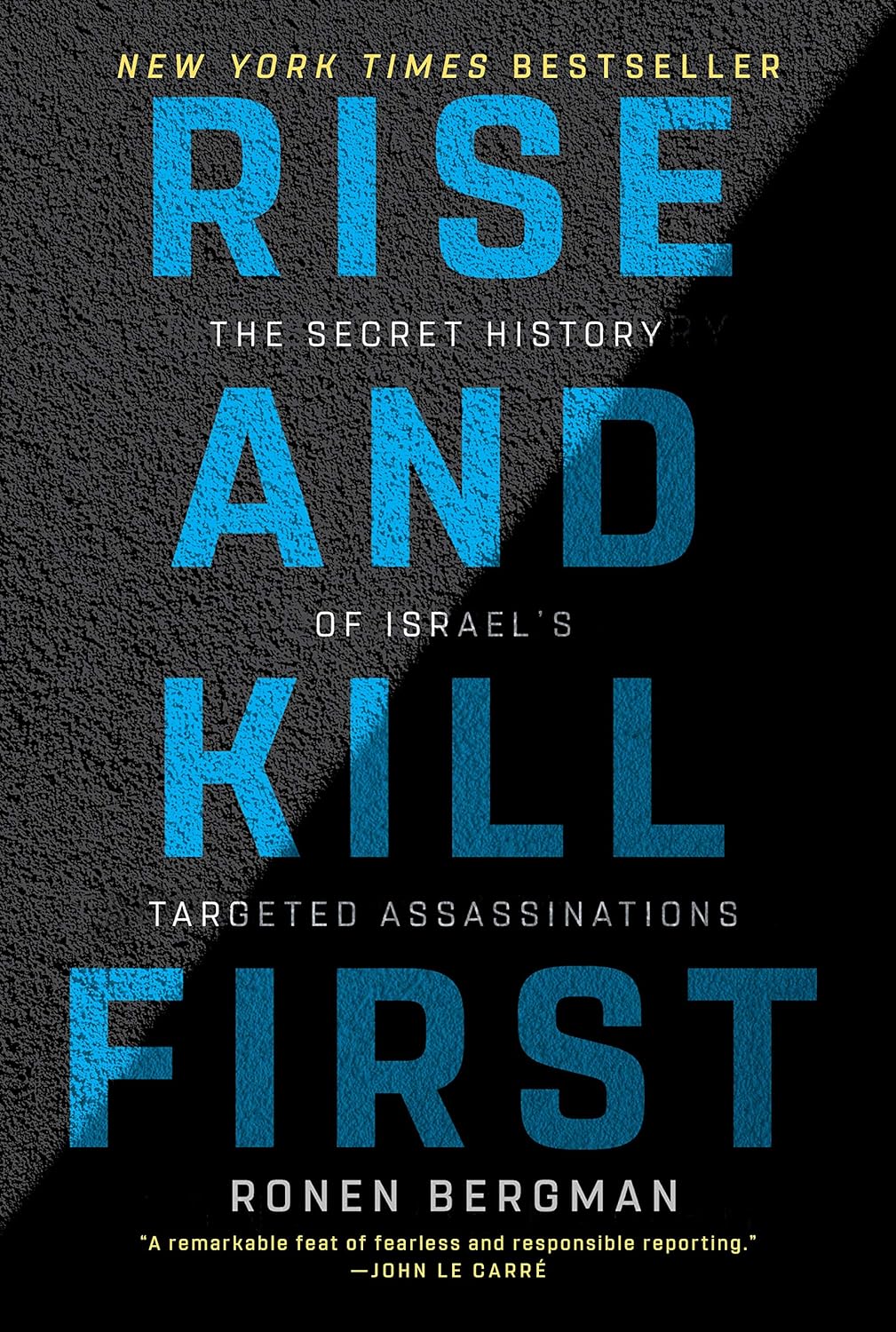 Purchase Rise and Kill First from Amazon.com
Purchase Rise and Kill First from Amazon.com
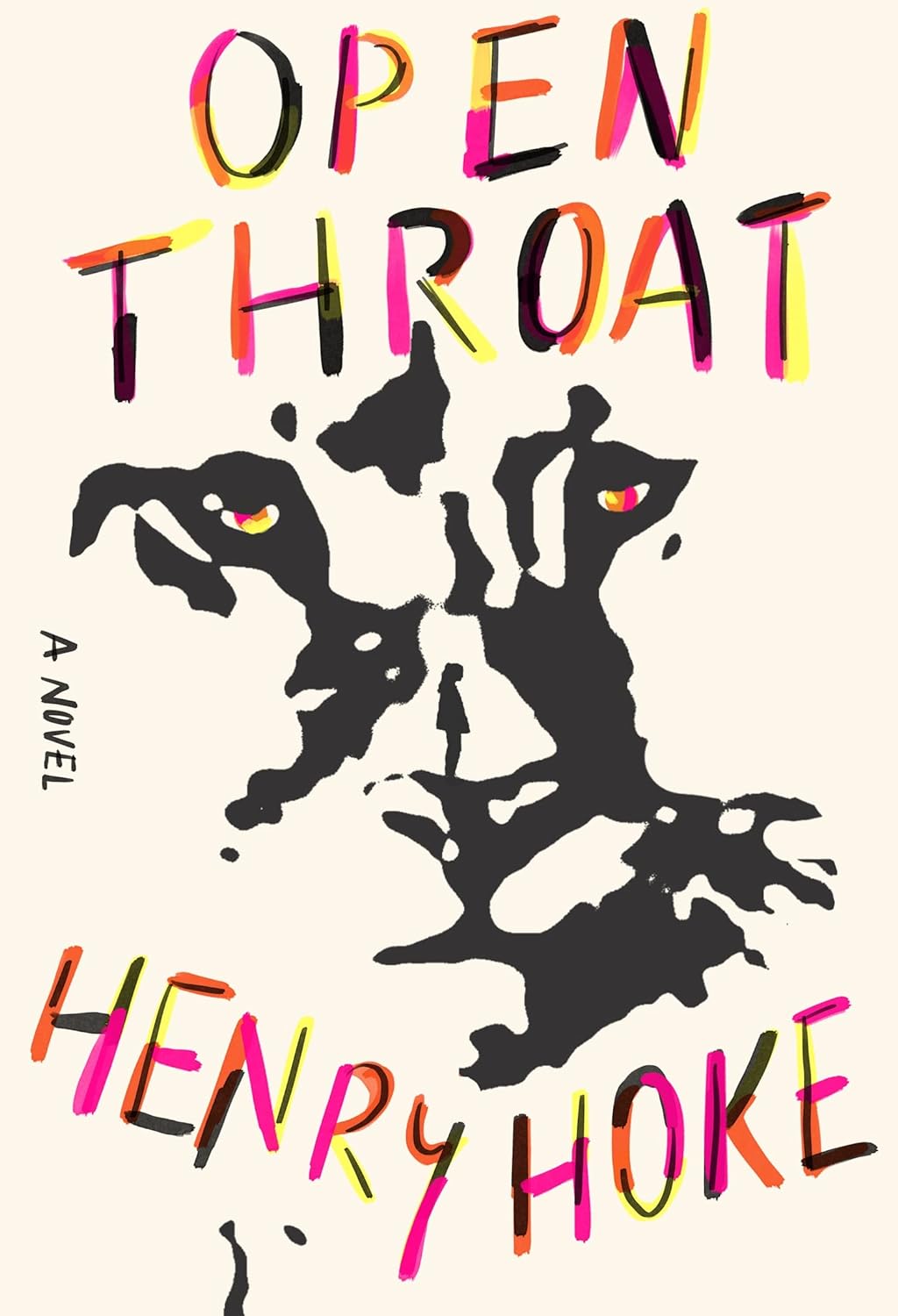
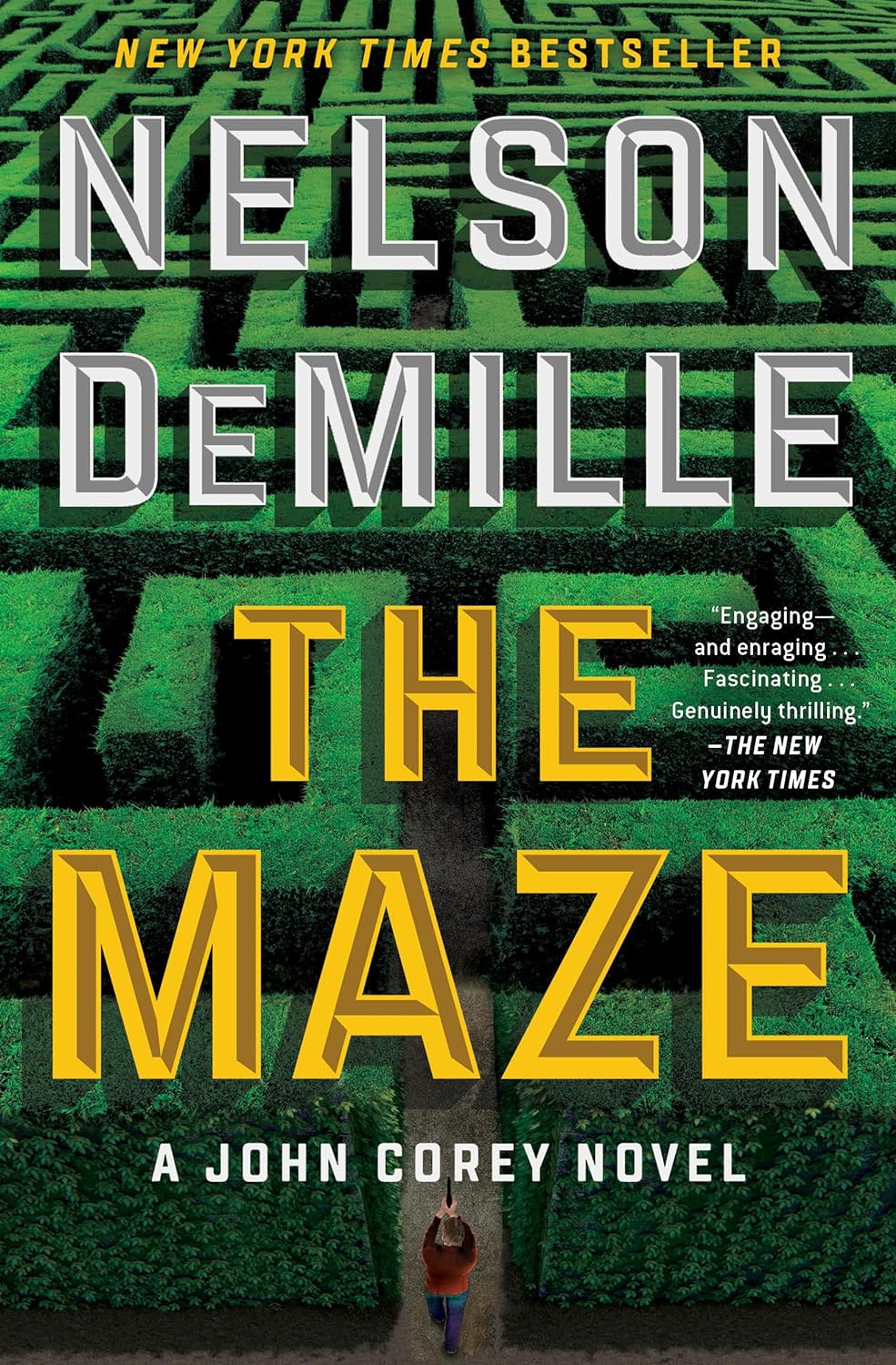
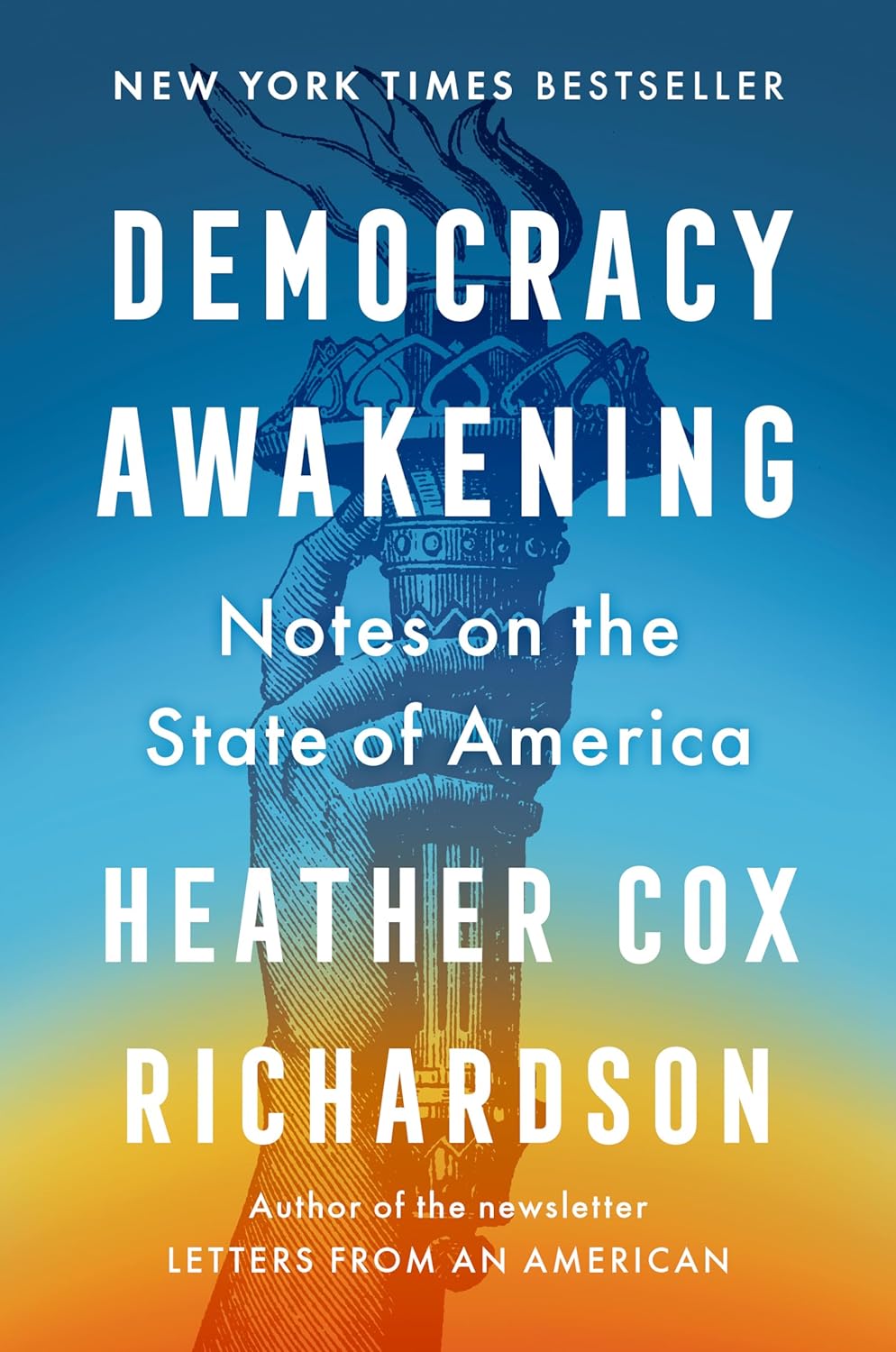
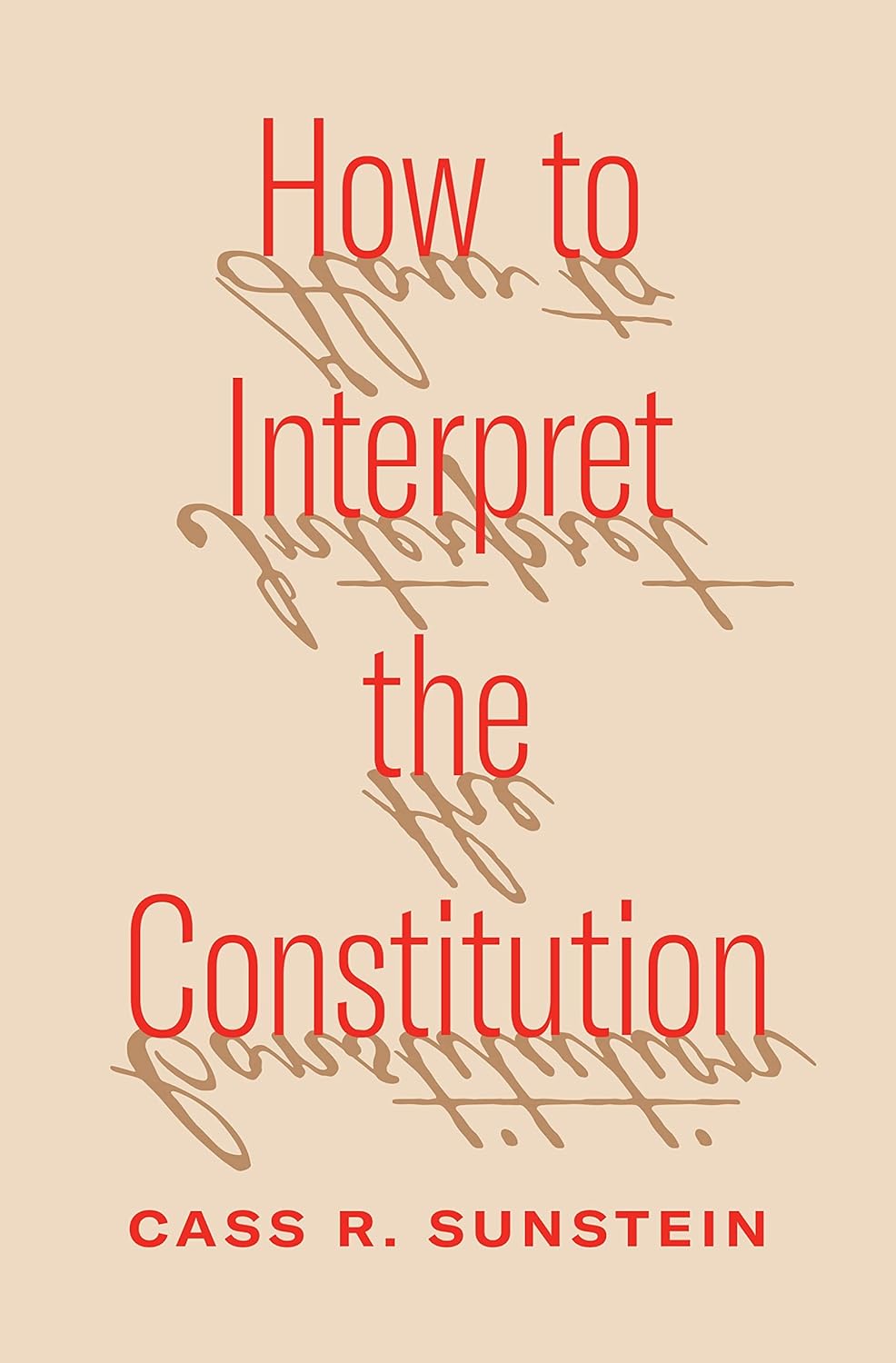
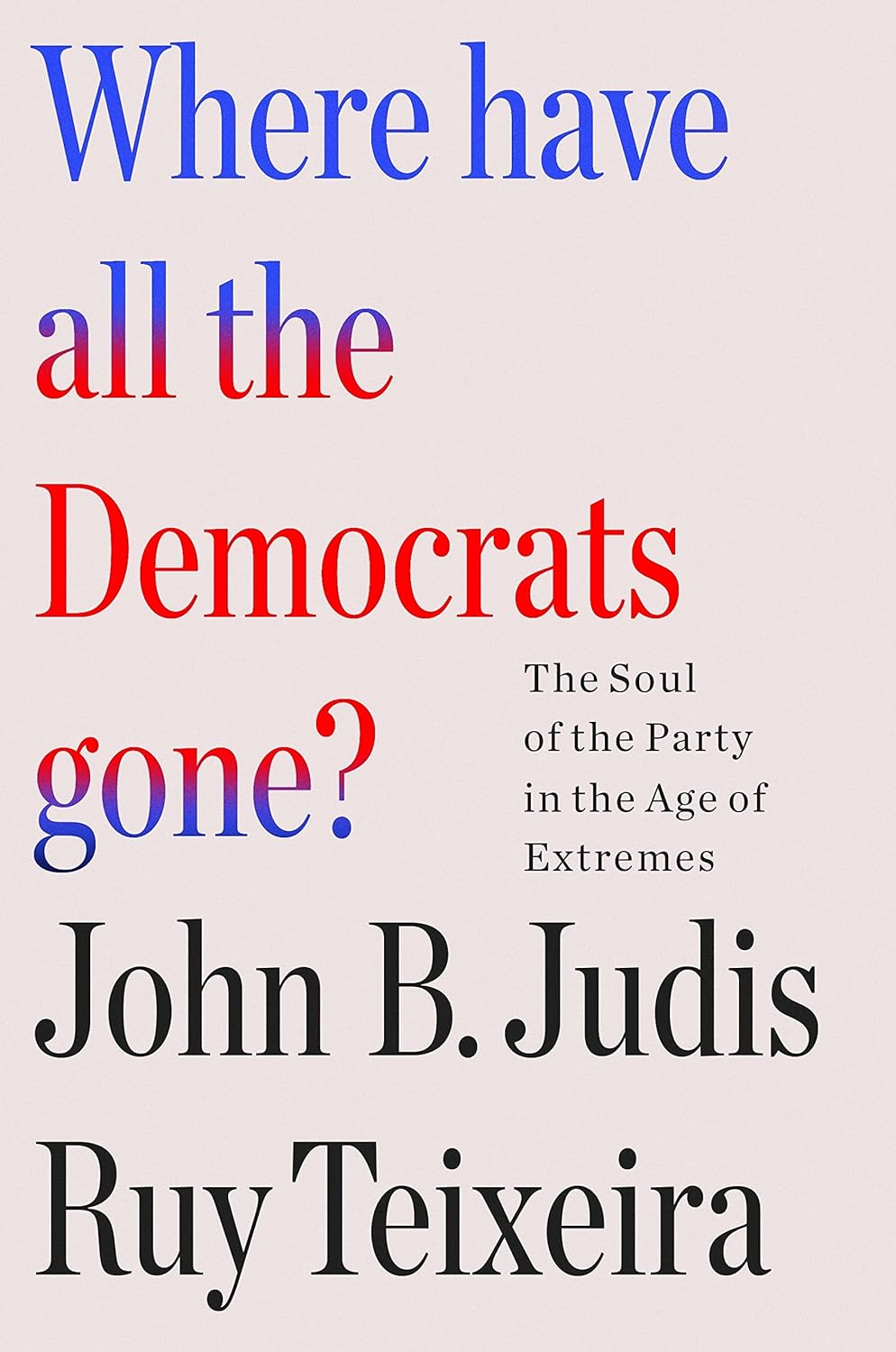
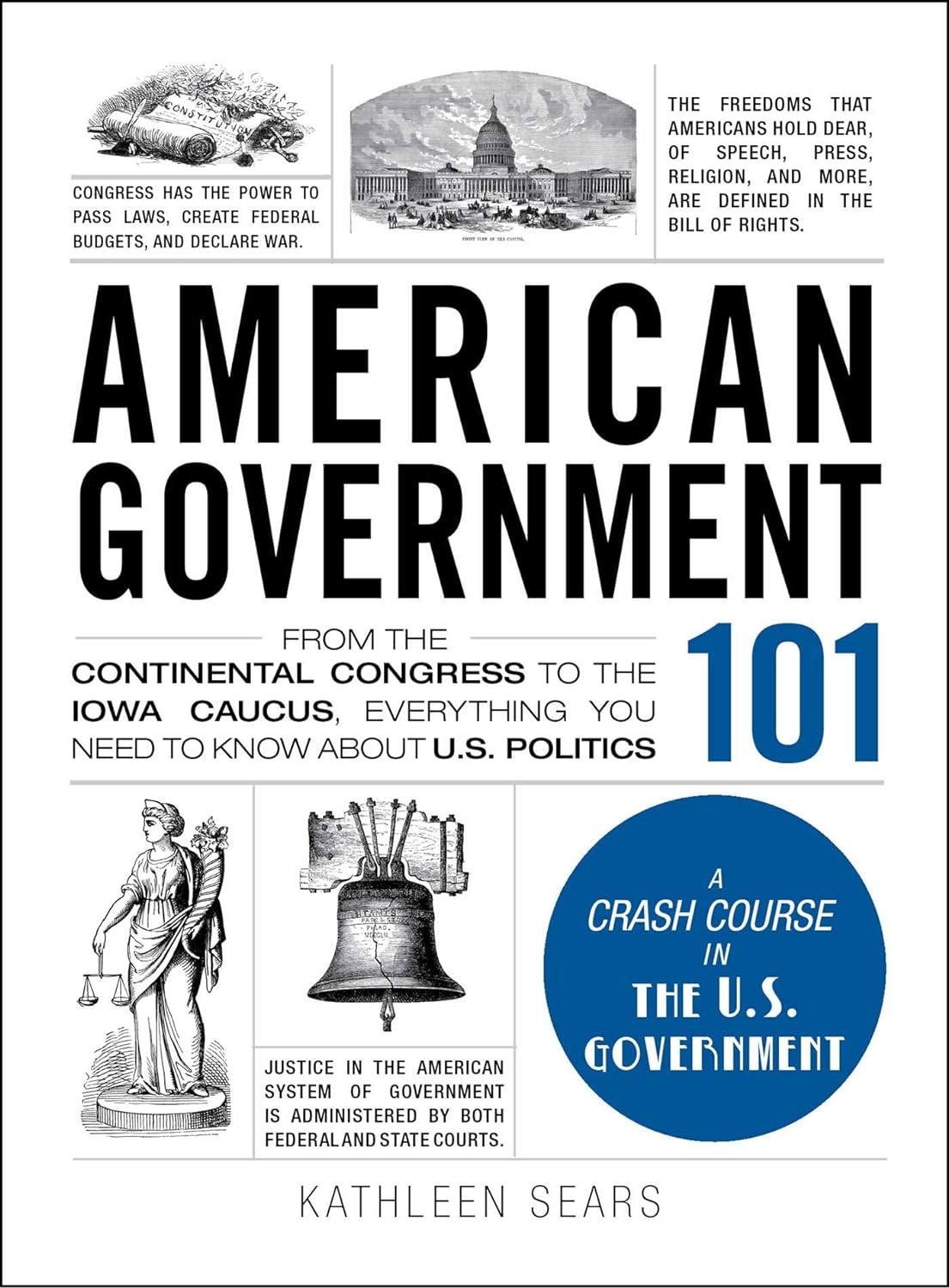
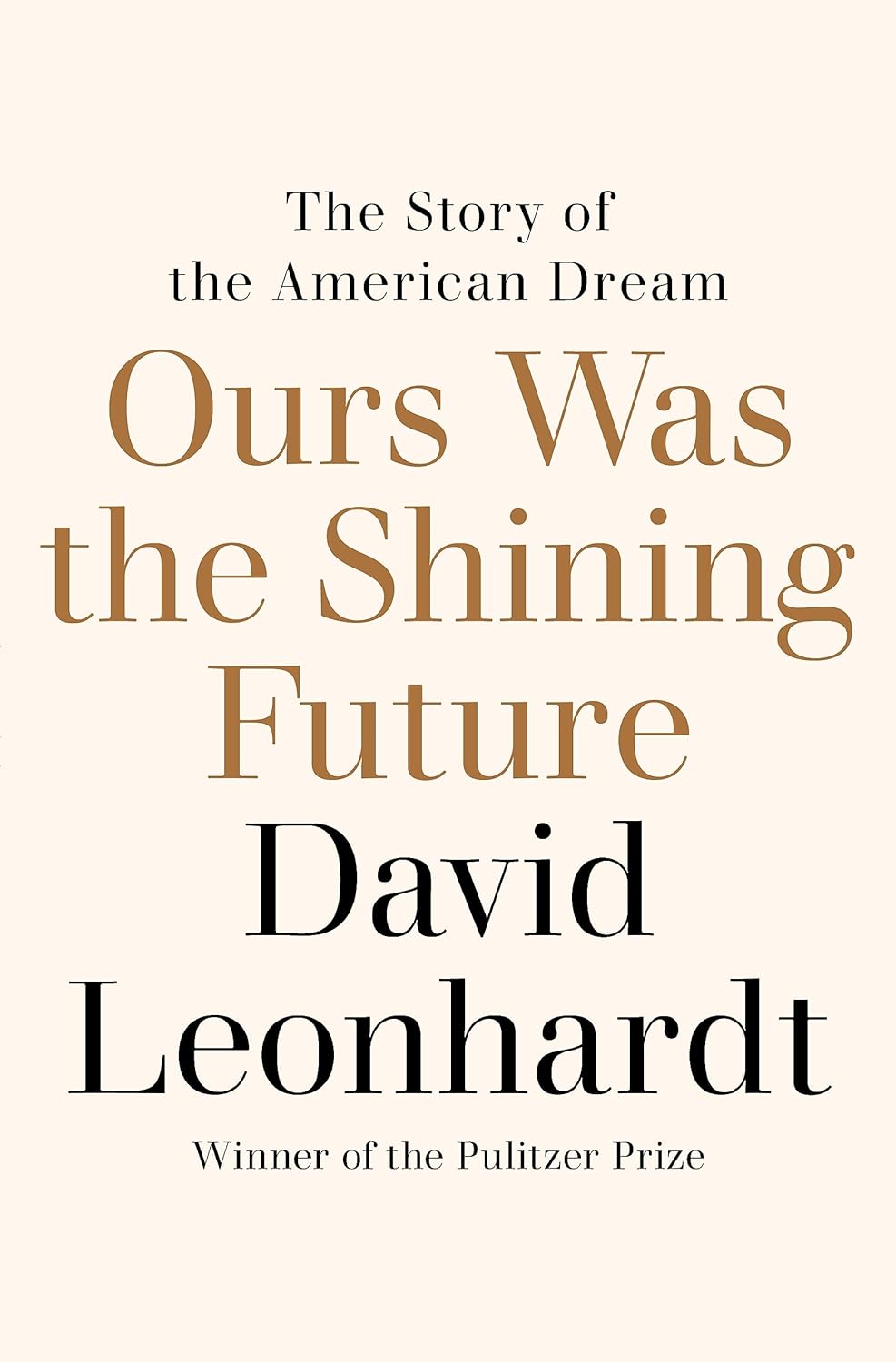
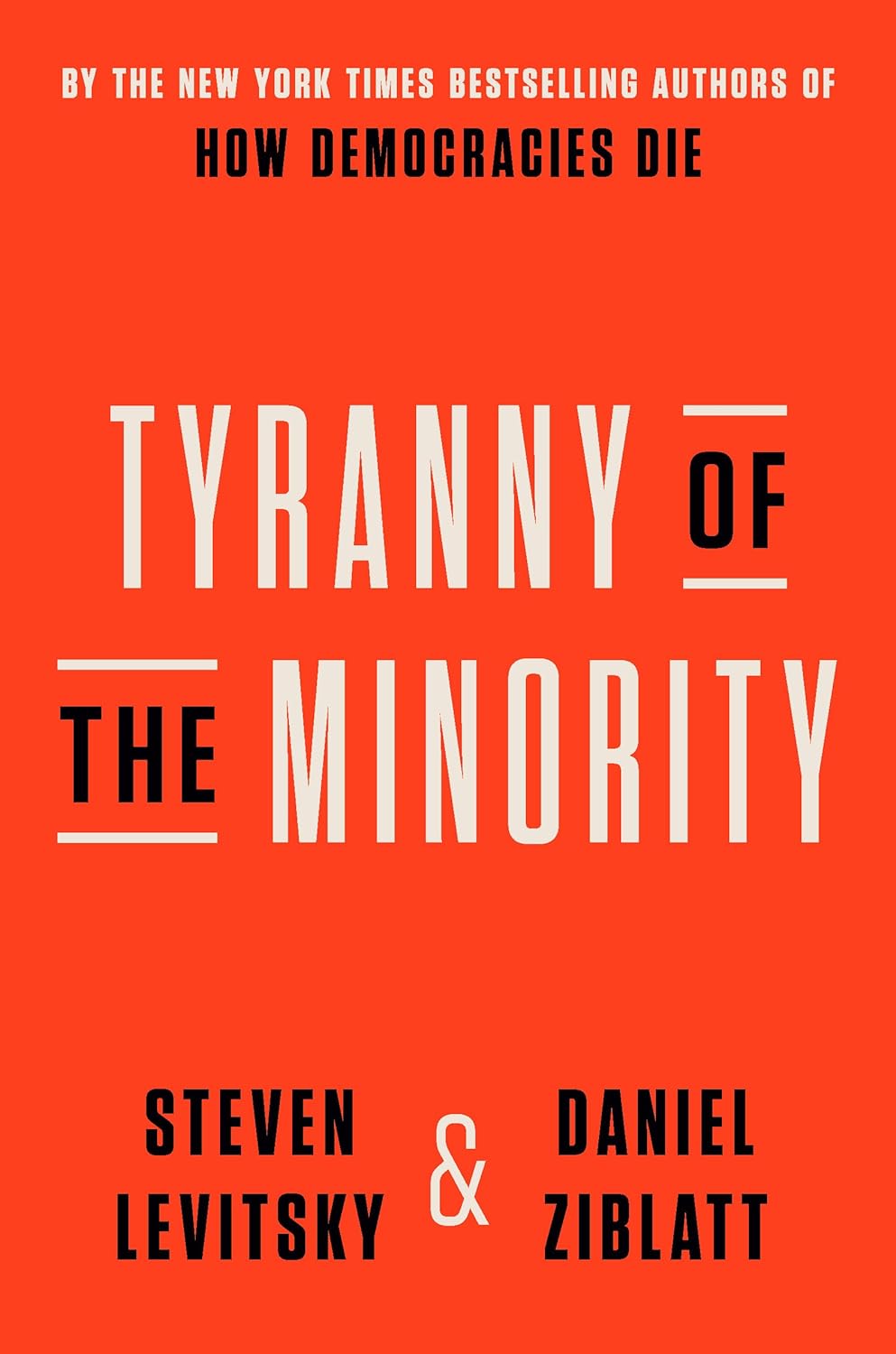
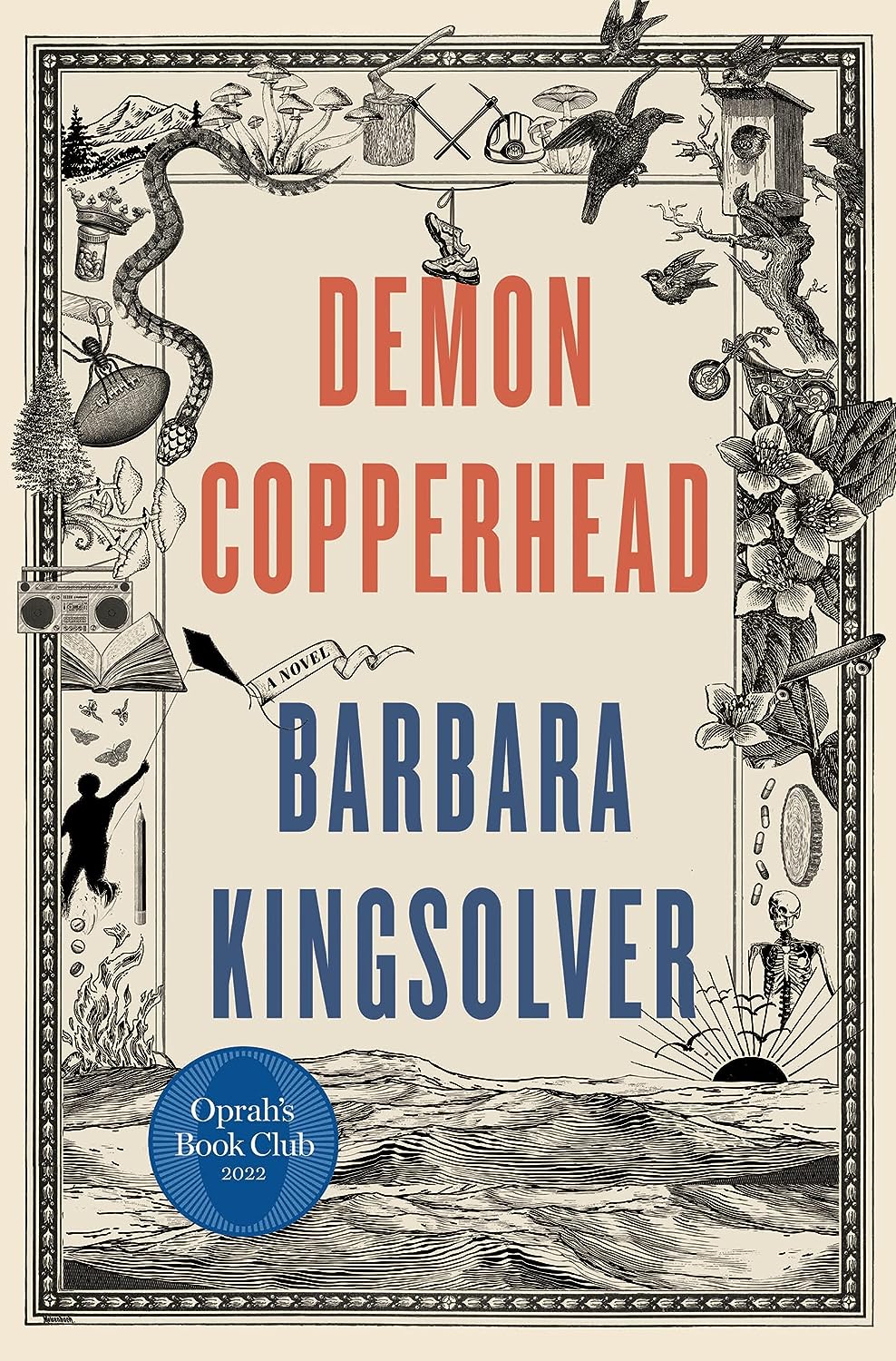
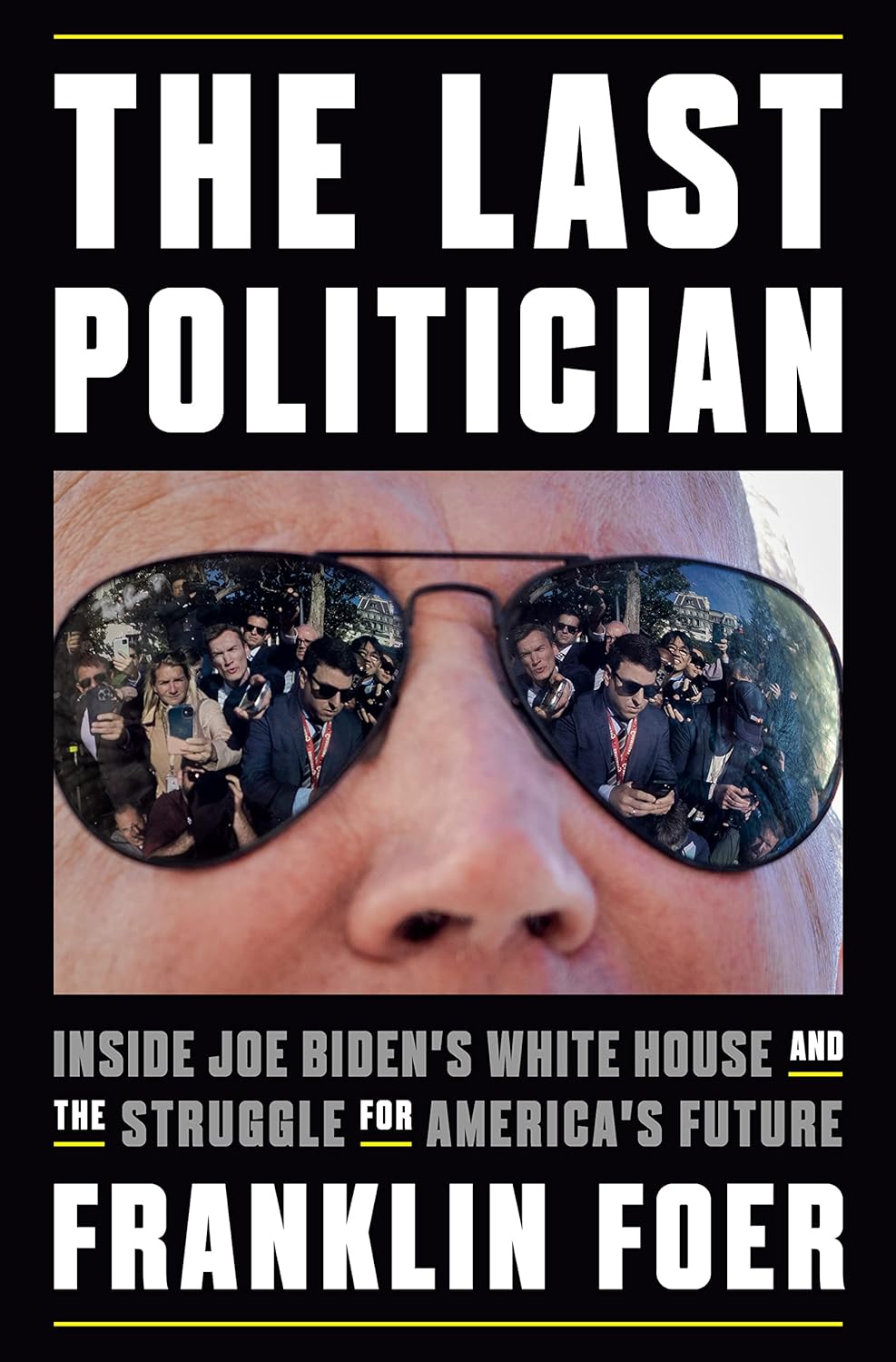
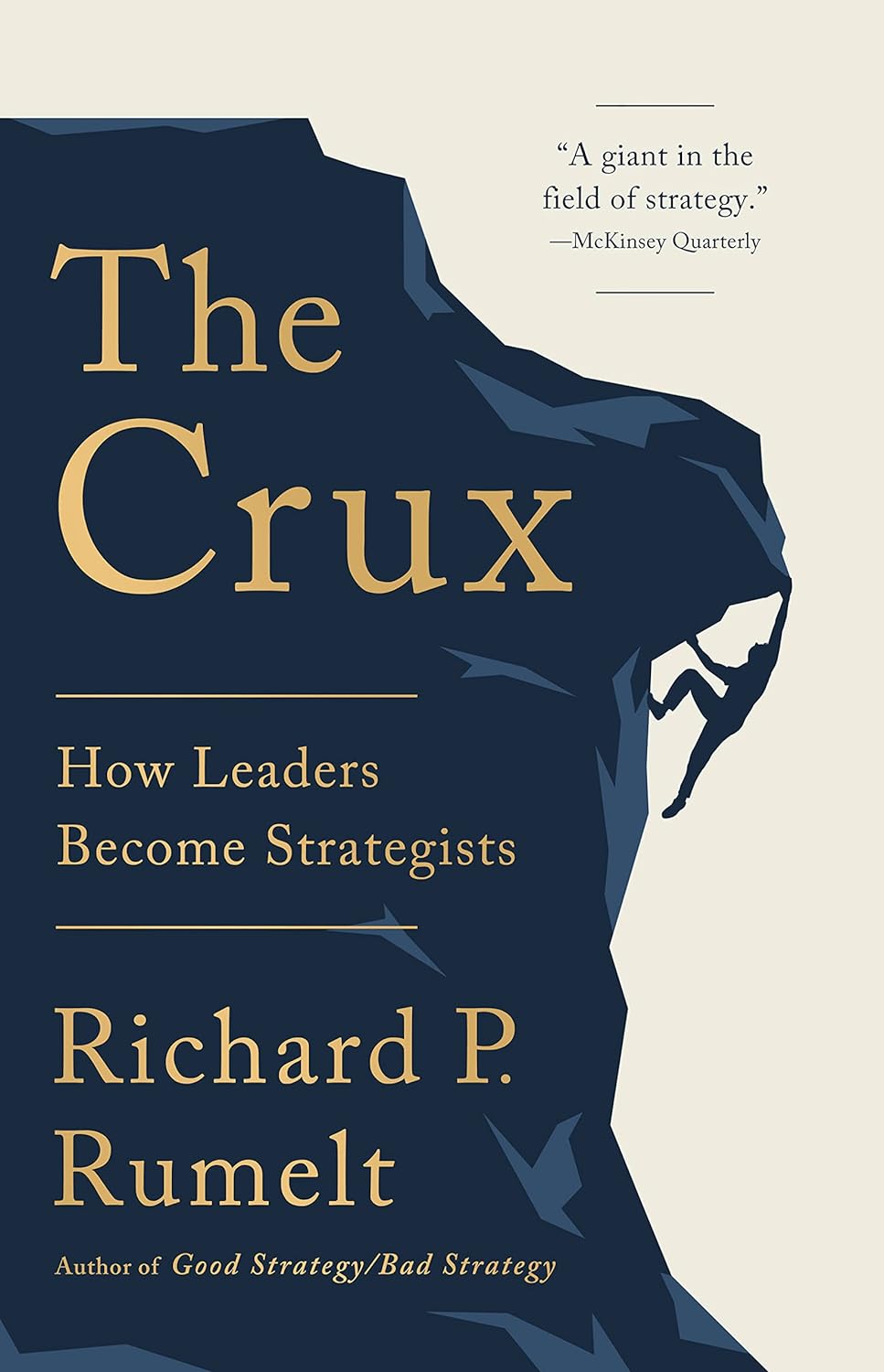
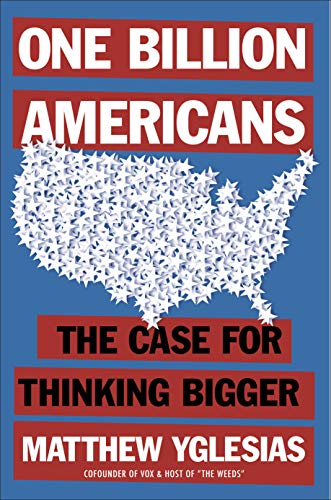
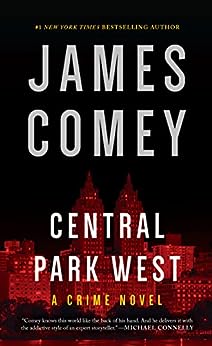
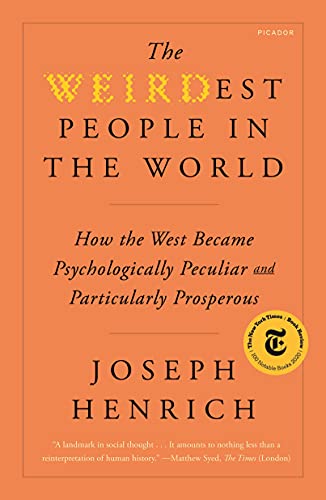
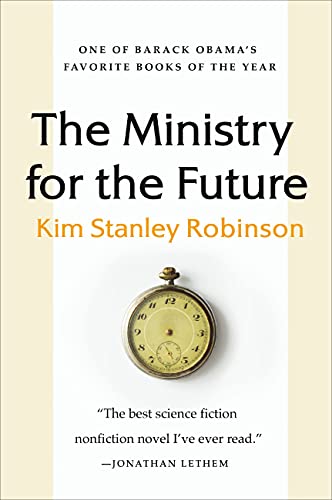
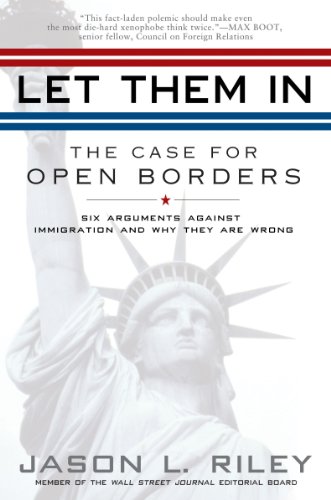
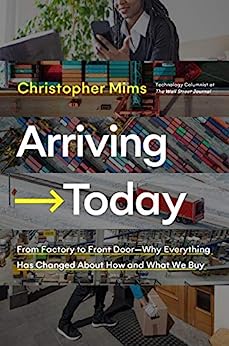
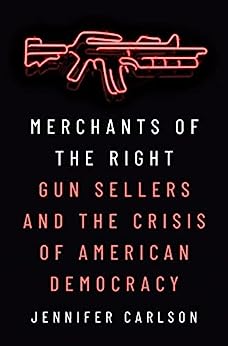
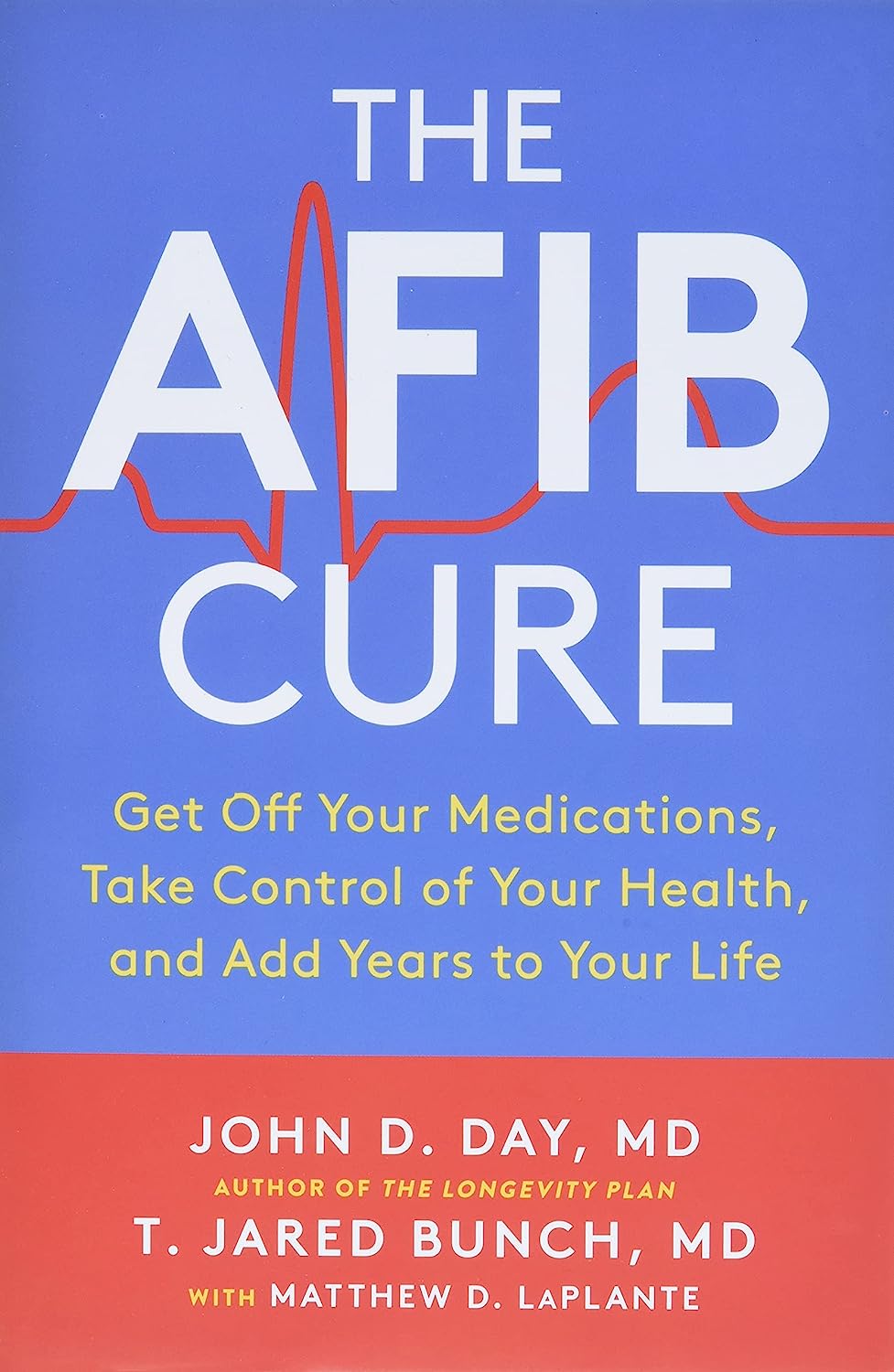
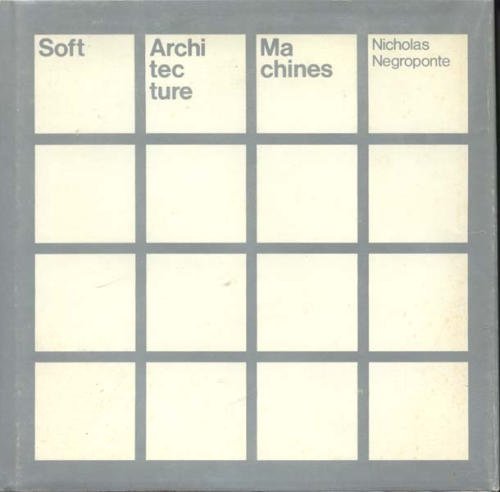
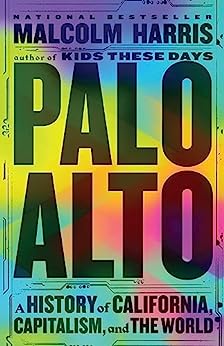
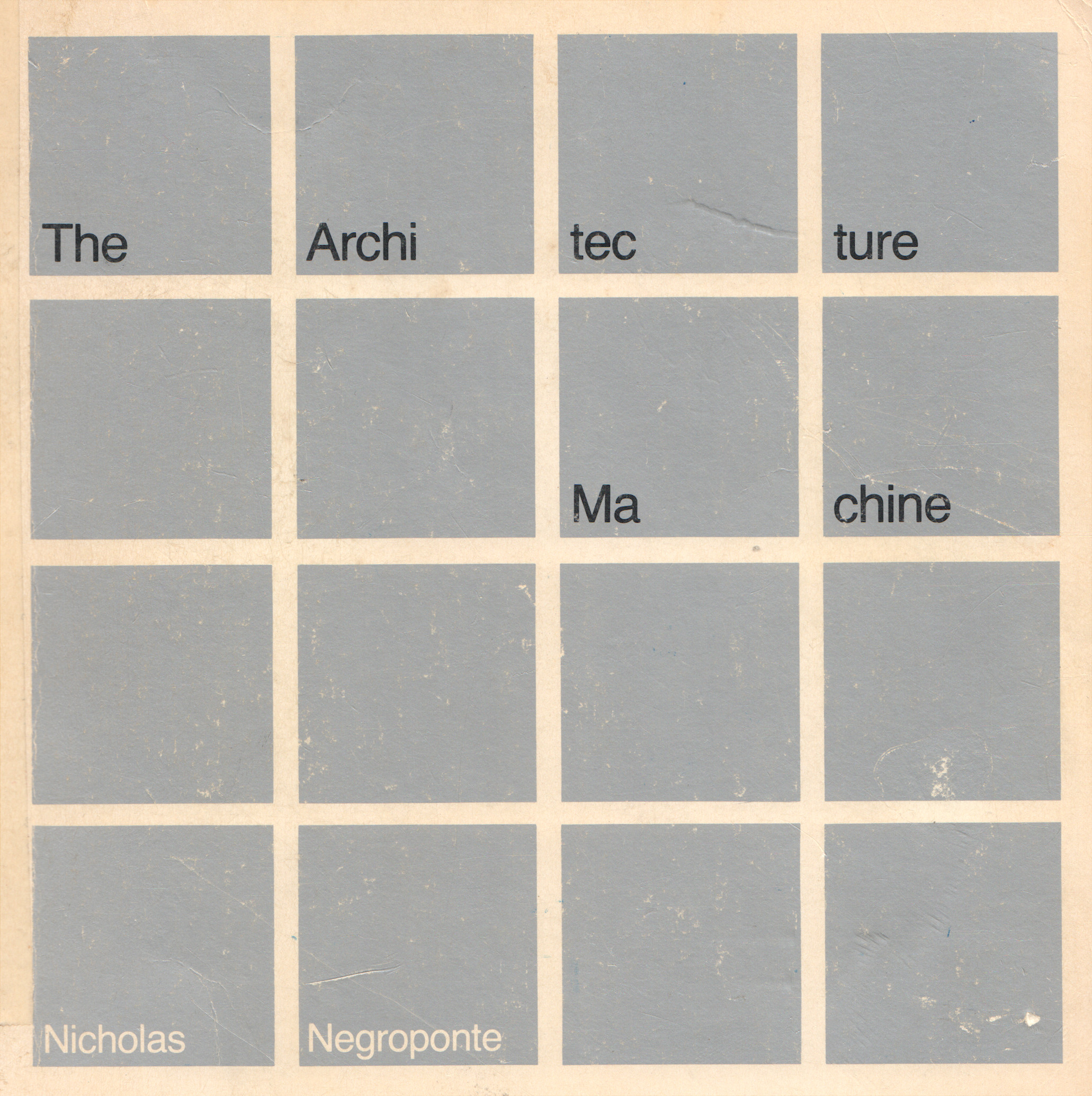 The Architecture Machine
The Architecture Machine Countdown: A thriller
Countdown: A thriller